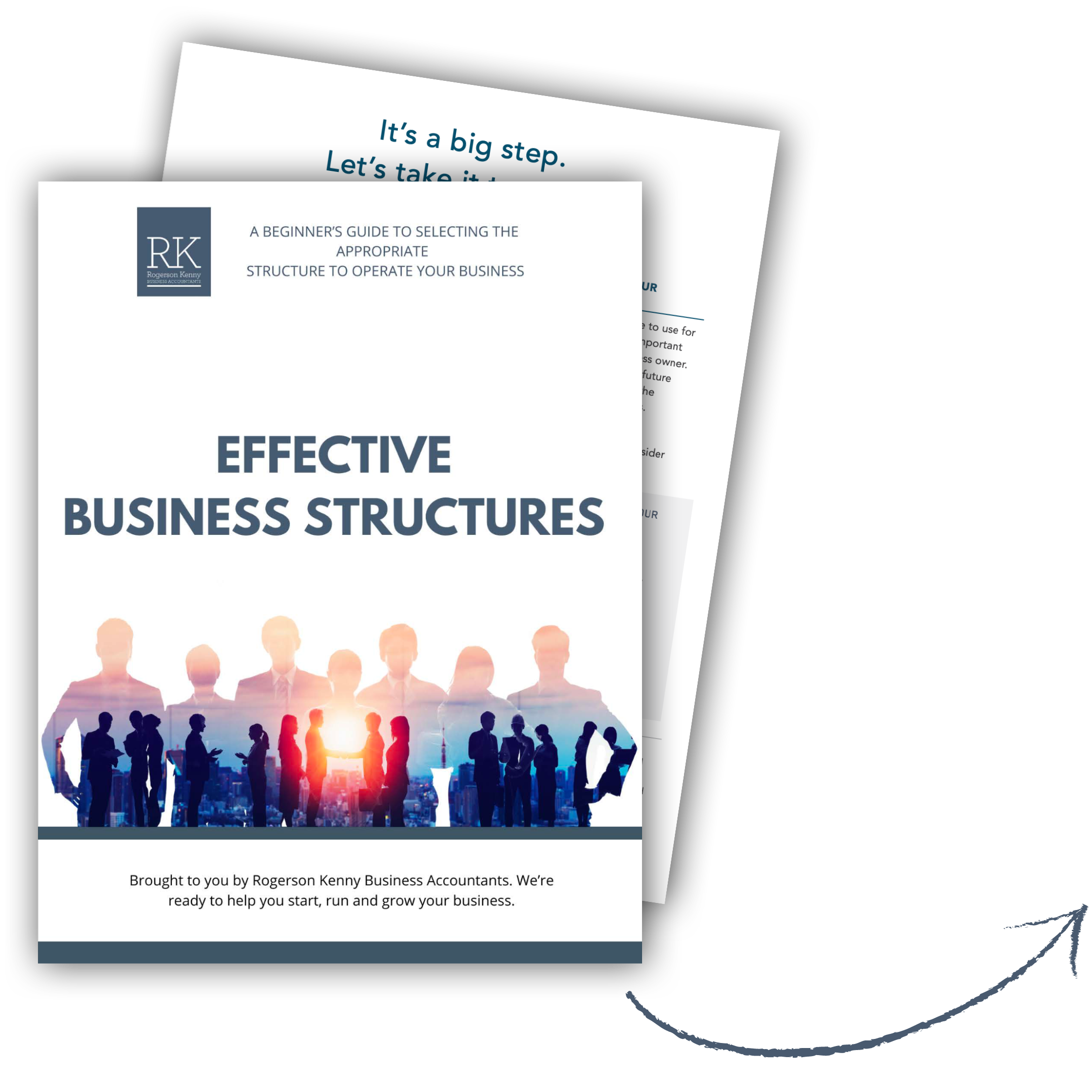When it comes to managing and protecting your assets, a family trust can be an invaluable tool.
A family trust offers a range of benefits, from asset protection and tax efficiency to enhanced estate and succession planning.
Let’s explore the advantages of a family trust and potential limitations of a family trust.
Learn is a family trust structure is right for your needs.
Family Trust Asset Protection
One of the primary benefits of a family trust is asset protection. Asset protection in a family trust is created via the legal separation between assets and risk, which can be achieved using a family trust.
For example, running a business within a family trust and owning passive assets in your own name (such as the family home), helps separate the business risk within the family trust, which can help protect your personal assets in the case of business failure or litigation risk.
Family Trust Tax Efficiency
Family trusts can offer tax benefits, particularly for high-income earners, where one person in the relationship earns significantly more than the other. In this case, the trustee can stream income from the family trust to beneficiaries in a low tax bracket.
Family Trust Estate Planning
A family trust is an effective estate planning tool, as it allows you to manage the distribution of your assets to your beneficiaries after you pass away or via passing control of the family trust, usually with no taxing event on such passing of control. The assets in a family trust are not yours… you simply control them and can pass on this control – effectively with Estate Planning.
Family Trust Succession Planning
If you own a business, a family trust can be an effective tool for family succession planning, as you personally don’t own the assets of the business, you merely control them with the family trust. This can provide continuity for your customers, employees, and suppliers, and can help to ensure the ongoing success of the business – so long as the control you hold passes to family members.
A family trust can provide a mechanism for transferring control of the business to your children or other family members, ensuring that it remains in the family for generations to come.
Family Trust Flexibility
Family trusts offer a great deal of flexibility in terms of how they are managed and how the assets and income are distributed. The trustee has discretion over how the income and capital of the family trust are distributed to the beneficiaries of the family trust, allowing them to respond to changing circumstances and needs. This means that a family trust can be adapted to suit the needs of your family over time, providing ongoing financial security and peace of mind.
Family trust Confidentiality
Another advantage of a family trust is confidentiality. Unlike a Will, which becomes a public document after the death of the testator, a family trust remains private. This means that the distribution of assets and the beneficiaries of the trust remain confidential.
Limitations of Family Trusts
While a family trust can offer many benefits, there are also potential disadvantages of a family trust to consider. A family trust is not for everyone and every situation. Some of the disadvantages of a family trust include:
Trustee duties
As the trustee of a family trust, you have certain legal and fiduciary duties that must be met. This can include things like keeping detailed records, lodging tax returns, and ensuring that the family trust is managed in accordance with the terms of the trust deed. Failing to meet these duties can result in legal and financial consequences.
There are no rights to income or capital (unlike a company). This is because the trustee has the discretionary power of how and where to distribute income and capital. Therefore a family trust is not recommended for unrelated parties to invest or operate a business outside of an immediate family group. As opposed to a company, which has fixed rights to income and capital via the issuance of shares and is excellent for non related parties to invest or operate a business together.
Limited control
While a family trust can offer significant asset protection benefits, it also means that you may have limited control over the assets held in the family trust. This is because the family trust assets are technically owned by the family trust, not by the individual beneficiaries. Therefore, family trust beneficiaries are reliant upon the trustee to make decisions for their benefit.
Tax implications
Family trusts can offer tax benefits, but they can also be subject to complex tax rules. For example, if a family trust makes a distribution to a minor beneficiary, special tax rules may apply. Additionally, if the family trust has income that is not distributed to beneficiaries, it may be subject to high tax rates and taxed within the family trust.
Family trust deed limitations
The family trust deed outlines the terms and conditions of the family trust, including how it is managed and how distributions are made to beneficiaries of the family trust. However, these terms can also limit the flexibility of the family trust. For example, the family trust deed may limit the types of investments that can be made by the family trust or require certain distributions of the family trust to be made in a specific way. Further, it may be difficult to add in new beneficiaries to the family trust, without resettling the family trust.
A family trust can be a powerful tool for asset protection, tax management, estate planning, and succession planning. However, it’s essential to carefully consider its limitations and ensure it aligns with your financial goals and family needs.
At Rogerson Kenny Business Accountants, we specialise in setting up and managing family trusts. Our team is dedicated to helping you navigate the complexities of trust structures to optimise your financial strategy. To learn more, read our blog on BUSINESS STRUCTURES here …
Contact Rogerson Kenny Business Accountants today for a free initial consultation to explore whether a family trust is the right choice for you and how we can assist in setting it up effectively.

Effective Business Structures: Your essential guide.
A beginner's guide to selecting the appropriate structure to operate your business
Designed to be thought-provoking, it helps you identify issues and opportunities in each business structure while covering essential operational and performance considerations, all backed by our business advisor insights.







